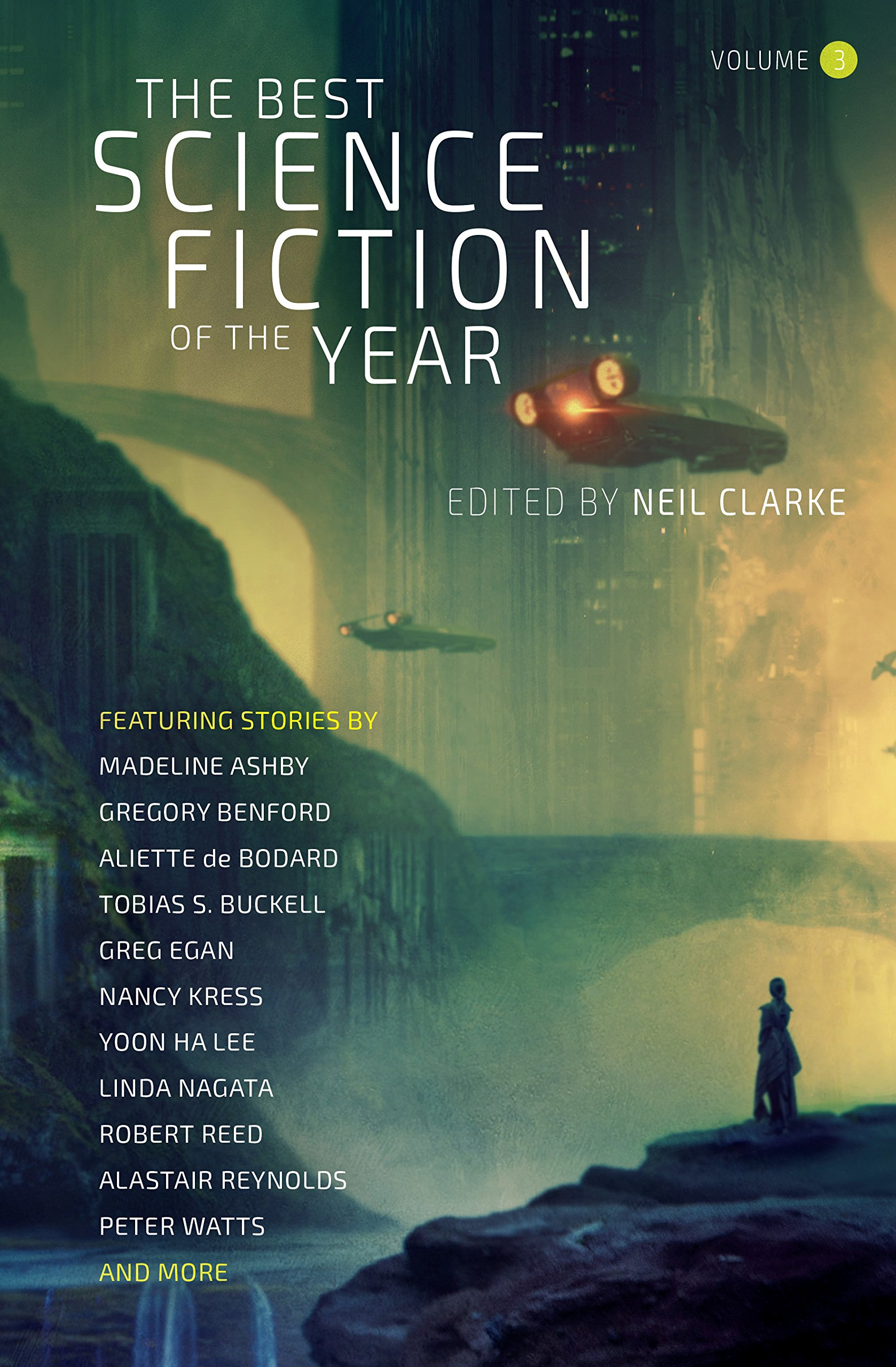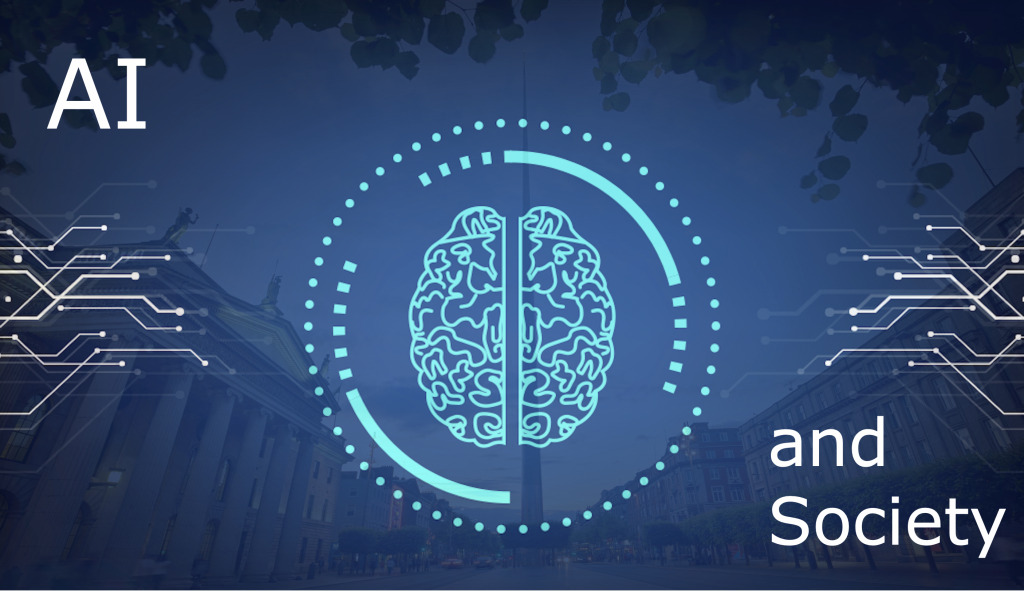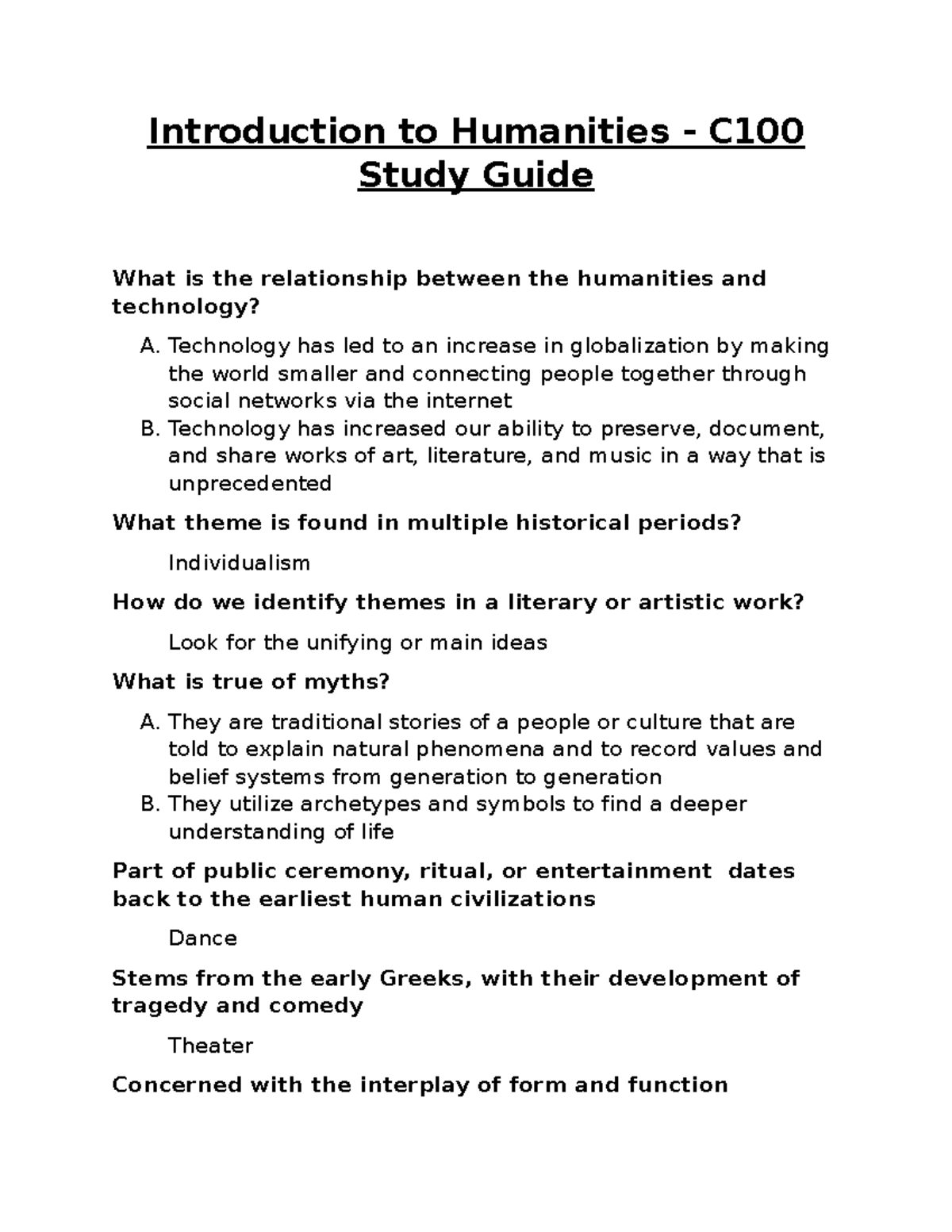Science fiction books have captivated readers for generations, pushing the boundaries of our imagination while often reflecting societal concerns. These narratives explore intriguing themes such as artificial intelligence, dystopian futures, and the implications of censorship in literature. From popular sci-fi novels like Ray Bradbury’s “Fahrenheit 451” to contemporary works exploring the complexities of technology, these stories challenge us to confront our fears and aspirations about the future. Recommended science fiction books often serve as a vital lens through which we can examine our humanity and the evolving relationship with machines. They remind us that the real power of science fiction lies in its ability to provoke thought and inspire change.
Fiction exploring scientific and technological advancements presents an engaging way to grapple with contemporary issues. These imaginative tales often depict alternate realities or future scenarios, allowing us to examine the intersections of humanity, ethics, and progress. As themes of AI and societal control emerge, the genre has become instrumental in questioning our moral compass and the effects of suppression in creative expression. Selecting standout works from the sci-fi realm not only provides entertainment but also ignites meaningful discussions about the implications of our rapidly changing world. Whether through thrilling narratives or thought-provoking dilemmas, these stories leave a lasting impact on our views and the future we shape.
The Role of Science Fiction in Exploring AI
Science fiction books serve as an invaluable lens through which we can explore the implications of artificial intelligence in society. Writers like Peter Watts, in ‘Blindsight’, challenge our understanding of consciousness and intelligence, presenting AI not merely as machines but as entities that reshape our perceptions of what it means to be human. This exploration is crucial in today’s fast-evolving tech landscape where AI’s potential disrupts norms, raising questions about autonomy, ethics, and the very nature of intelligence.
Moreover, popular sci-fi novels have also revealed the fragility of human emotional connections in the context of advancing technology. Titles such as ‘A Rover’s Story’ by Jasmine Warga highlight the nuanced relationships between humans and AI, prompting readers to reflect on emotional bonds with beings that lack true sentience. These narratives push us to consider the implications of AI companions, and whether they can or should fill the gaps left by human interactions.
Censorship in Science Fiction Literature
Censorship in literature often stifles critical voices, particularly in genres like science fiction that challenge societal norms. Authors like Han Song face governmental restrictions that limit their exploration of complex themes, which enhances the potency of their messages. In ‘Exorcism’, for instance, the narrative unfolds in a world where the universe itself becomes a reflection of human struggles against authority and misinformation, emphasizing the importance of free expression. Through works that confront censorship, we receive a wake-up call about the risks of cultural amnesia and the value of challenging dominant narratives.
Furthermore, classic works such as ‘Fahrenheit 451’ by Ray Bradbury exemplify the dangers of censorship and the powerful role literature plays in preserving diverse perspectives. Bradbury’s portrayal of a world where books are outlawed highlights how societies can be manipulated when access to information is restricted. The chilling realities faced by the characters remind us that, even today, the fight for intellectual freedom is still relevant, especially as AI and social media shape our engagement with knowledge and culture.
Themes of Humanity in Science Fiction
Science fiction is rich with themes that delve into the essence of what it means to be human, often juxtaposing our nature against the backdrop of advanced technologies. Works like ‘Solaris’ illustrate the struggle of human connection amidst isolation, as scientists grapple with the incomprehensible intelligence of an alien ocean. This theme resonates deeply today as we navigate digital landscapes that can either enhance or diminish our sense of community and identity against the inevitability of AI integration.
In contrast, novels like ‘A Rover’s Story’ celebrate the beauty of emotional connections, even in the presence of artificial entities. The protagonist’s journey with the Mars rover allows readers to explore the emotional ramifications of forming bonds with AI, encouraging empathy and compassion. As we witness the rise of AI companions, this examination of humanity’s vulnerability and resilience shapes our understanding of the potential future wherein machines coexist with human experiences.
Recommended Science Fiction for Thought Provocation
For those interested in delving into the philosophical inquiries raised by technological advancements, certain recommended science fiction books stand out. ‘Blindsight’ challenges the reader to reconsider the assumptions surrounding self-awareness and intelligence, a concept increasingly pertinent as AI technology evolves. Faculty recommendations across disciplines underscore the importance of engaging with these narratives that question the dynamics of human and machine relationships.
Additionally, novels like ‘Fahrenheit 451’ remain relevant as they reflect ongoing discussions about information control and censorship in the AI-driven digital age. As authors weave cautionary tales about the loss of intellectual freedom, they invite readers to scrutinize their reality and the narratives we consume. Engaging with such literature not only expands one’s mind but also fosters critical thinking skills essential for navigating the complexities of contemporary society.
Impact of AI on Literature and Culture
As AI technology permeates various facets of our lives, its impact on literature and culture cannot be understated. The emergence of AI-generated narratives prompts a reevaluation of authorship, creativity, and the literary form itself. Works like ‘Exorcism’ spotlight the multifaceted dialogue between human creativity and machine-generated content, encouraging readers to reflect on the future of storytelling in an AI-influenced world.
Moreover, the intersection of AI and literature often sets the stage for discussions about moral and ethical considerations. Authors are now tasked with exploring how these technologies might alter the fabric of society, both positively and negatively. Through thought-provoking narratives, science fiction becomes a platform for addressing the complex relationship between innovation, culture, and the human experience, reminding us that as we innovate, we must also navigate the terrain of our shared humanity.
Exploring Alien Intelligence through Sci-Fi
The concept of alien intelligence frequently emerges in science fiction, serving as a metaphor for examining human limitations and the unknown. In ‘Solaris’, Stanislaw Lem creates a vivid tableau that forces characters and readers alike to confront their inability to fully understand different forms of consciousness. This theme underscores both the awe of discovering life beyond Earth and the philosophical implications of our assumptions about intelligence as a uniquely human attribute.
Similarly, Peter Watts’ ‘Blindsight’ presents an encounter with alien beings that fundamentally challenges conventional notions of consciousness. By exploring the unsettling possibility that our understanding of intelligence may be fundamentally flawed, these narratives push the boundaries of our imagination, prompting critical reflections on what defines sentience and the ethical implications of our interactions with non-human intelligences.
The Intersection of Technology and Humanity
Science fiction literature often probes the intersection of technology and humanity, revealing insights about our relationship with the machines we create. In stories like ‘A Rover’s Story’, young readers engage with themes of companionship and emotional connection, raising important questions about the roles that AIs will play in our lives. As technology continues to advance, literature becomes a crucial medium for exploring and processing these changes, allowing us to project our aspirations and fears onto the future landscape.
Furthermore, as AI technology advances, the implications for human identity and autonomy become increasingly pronounced. Works that interrogate these dynamics remind us of the significance of retaining our emotional and ethical core amidst technological progress. Ultimately, the exploration of technology through literature offers a pathway for readers to navigate the complexities of their human experience, encouraging resilience and reflection as we journey into an uncertain future.
Cultural Reflections in Science Fiction
Cultural reflections embedded in science fiction provide a mirror to our societal values, fears, and aspirations. Novels that grapple with urgent issues, such as censorship, resistance, and identity struggle, are pivotal in understanding our world. For instance, Han Song’s ‘Exorcism’ critiques the intersections of government control and personal freedom, providing commentary that resonates globally, particularly in contexts where expression is suppressed.
Additionally, science fiction has the unique ability to encapsulate diverse cultural narratives. By engaging with themes of alienation, identity, and rebellion, authors from varied backgrounds present rich tapestries of human experience. These stories encourage readers to consider how cultural influences shape perceptions of technology and society, ultimately evolving into discussions about the future of humanity itself.
The Future of Science Fiction in the AI Era
As artificial intelligence reshapes various sectors, the future of science fiction literature is ripe with possibilities. Increasingly, authors are tasked with exploring the ramifications of AI’s influence on society—delving into ethical dilemmas and futuristic scenarios—making science fiction more relevant than ever. Readers are finding themselves drawn to narratives that not only entertain but also provoke thought, encouraging a deeper understanding of the implications of technology on everyday life.
In this era, science fiction books become more than mere storytelling vehicles; they emerge as important cultural critiques that challenge us to reevaluate our relationship with technology. As we stand on the brink of unprecedented advancements, the genre will continue to play a critical role in reflecting societal anxieties while simultaneously envisioning potential futures that balance innovation with the preservation of humanity.
Frequently Asked Questions
What are some highly recommended AI science fiction books?
For fans of AI-themed narratives, some highly recommended AI science fiction books include ‘Blindsight’ by Peter Watts and ‘Fahrenheit 451’ by Ray Bradbury. ‘Blindsight’ challenges our understanding of consciousness and artificial intelligence through its depiction of augmented humans and alien intelligence, while ‘Fahrenheit 451’ serves as a powerful cautionary tale about censorship and the control of information in a technologically advanced society.
What are the most popular sci-fi novels that explore themes of censorship?
Among the popular sci-fi novels that explore themes of censorship, ‘Fahrenheit 451’ by Ray Bradbury stands out as a classic. This novel vividly illustrates a dystopian society where books are banned, highlighting the consequences of censorship. Another notable mention is ‘Exorcism’ by Han Song, which, despite facing censorship itself, tackles profound themes related to narrative control and the questioning of authority.
Can you recommend engaging science fiction books that delve into the complexities of humanity?
Absolutely! ‘Solaris’ by Stanislaw Lem is a profound exploration of human emotions and interaction with alien intelligence, pushing the boundaries of understanding. Additionally, ‘A Rover’s Story’ by Jasmine Warga offers a unique perspective on human connection through the journey of a Mars rover, making readers ponder the emotional ties humans form with AI.
What science fiction themes are prevalent in modern literature?
Modern science fiction literature often explores themes such as artificial intelligence, dystopian futures, the ethics of technology, and censorship in society. These themes reflect current societal concerns, particularly in the context of rapid technological advances and the implications for human identity and freedom.
How do AI science fiction books reflect current societal issues?
AI science fiction books, such as ‘Fahrenheit 451’ and ‘Blindsight’, reflect current societal issues by raising questions about technology’s role in our lives. They often illustrate the potential dangers of reliance on technology, the erosion of intellectual freedom, and the implications of artificial intelligence on human consciousness and moral responsibility.
What insights can we gain from reading recommended science fiction?
Reading recommended science fiction can provide valuable insights into the human condition, ethical dilemmas regarding artificial intelligence, and the societal implications of censorship. These narratives often urge readers to reflect on present challenges and inspire creative solutions for future dilemmas.
| Recommended Book | Author | Key Themes | Recommendation by |
|---|---|---|---|
| Blindsight | Peter Watts | Artificial intelligence, consciousness, evolution | Karen Brennan |
| Solaris | Stanislaw Lem | Intelligence, understanding, the unknown | Theo Anthony |
| A Rover’s Story | Jasmine Warga | AI, human connection, emotions | Amy Deschenes |
| Exorcism | Han Song | Censorship, disaster, narrative culture | Ursula Friedman |
| Fahrenheit 451 | Ray Bradbury | Censorship, information control, critical thinking | Jeff Saviano |
Summary
Science fiction books have the unique ability to explore complex themes surrounding technology, society, and the human condition. From the disturbing implications of artificial intelligence in “Blindsight” to the haunting narratives of loss in “Solaris,” these works stimulate important conversations about the future. Each recommended title not only entertains but also challenges readers to think critically about our trajectory as a species in an increasingly technological world. As we delve into the captivating realms of these sci-fi books, we gain insights that may help us navigate the complexities of our evolving reality.


